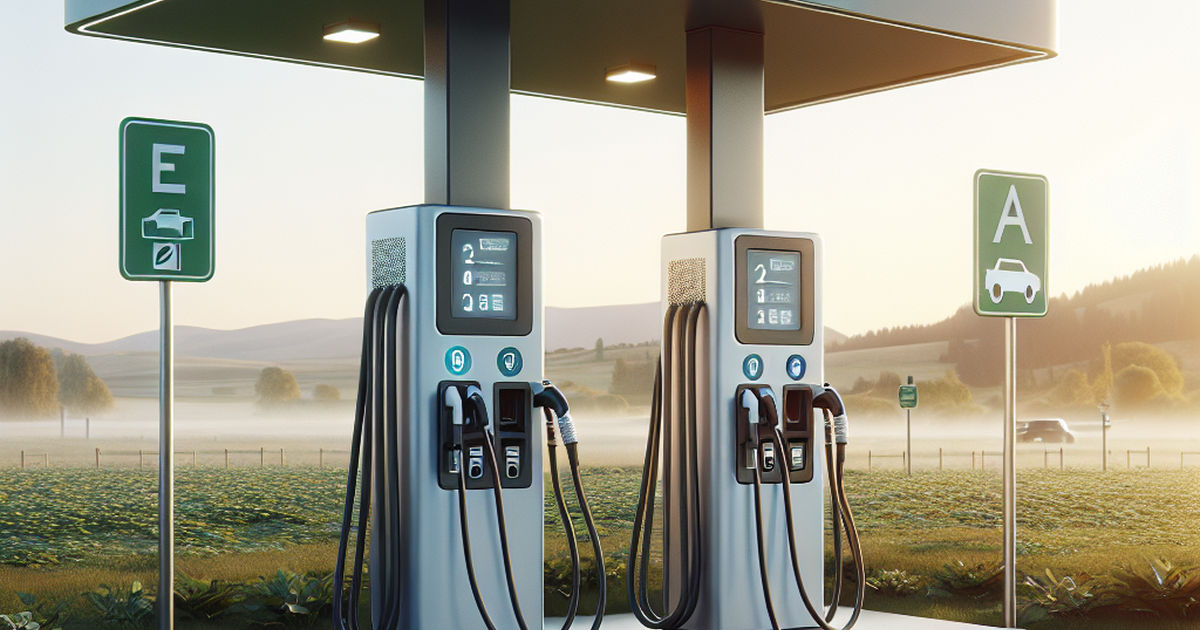US Electric Vehicle Industry Faces Post-Subsidy Reality Check as Federal Tax Credits Expire

Summary
Full Article
The United States electric vehicle industry is navigating a significant transformation following the October 1st expiration of federal tax credits for both new and used electric car purchases. The elimination of these long-standing incentives marks a pivotal moment for the EV market, which had relied on government support to make expensive electric vehicles price-competitive with traditional gasoline-powered cars.
While the impending deadline created a temporary sales surge as buyers rushed to complete purchases before subsidies ended, industry analysts now question how demand will respond in a market where electric vehicles must compete on their own merits without government support. The tax credits had been instrumental in bridging the price gap between EVs and conventional vehicles, particularly for mainstream consumers considering the transition to electric transportation.
Market observers are closely monitoring how EV manufacturers, including emerging companies like Bollinger Innovations, Inc., will adapt their strategies to this new competitive environment. The industry faces the challenge of maintaining growth momentum while addressing consumer concerns about affordability in a post-subsidy market. This shift comes at a critical juncture for the broader transition to sustainable transportation in the United States.
The changing landscape highlights the evolving nature of government support for clean energy technologies as they mature from emerging innovations to mainstream consumer products. Industry stakeholders must now demonstrate that electric vehicles can achieve sustainable market penetration based on their inherent advantages rather than financial incentives. More information about developments in the electric vehicle sector can be found at https://www.GreenCarStocks.com.
This transition period will test the resilience of the EV market and determine whether consumer adoption has reached a tipping point where subsidies are no longer necessary for continued growth. The outcome will have significant implications for automotive manufacturers, energy infrastructure development, and national climate goals as the industry adjusts to market-driven dynamics rather than policy-supported expansion.

This story is based on an article that was registered on the blockchain. The original source content used for this article is located at InvestorBrandNetwork (IBN)
Article Control ID: 251693